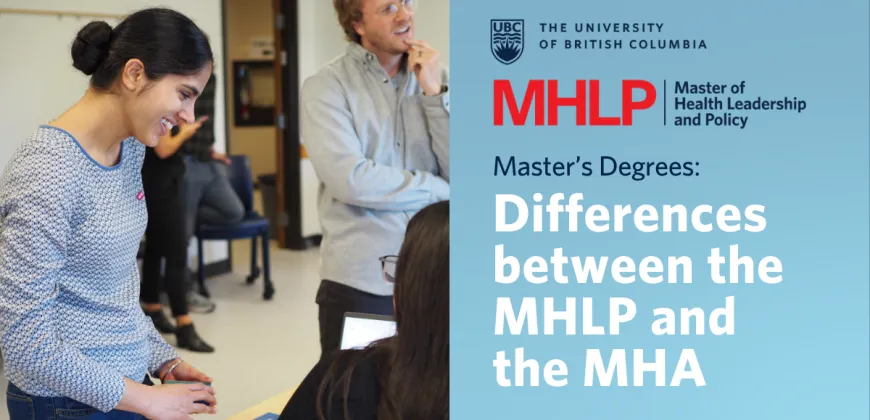The fundamentals of engineering management systems

Over the course of his decades-long career as a senior professional engineer and consultant, Vitorio Stana has noted the pressing need for professionals who can bridge the gap between ground-floor operations and top management.
He says the leaders of the multinational manufacturing companies he works with tell him they are eager to hire – but hard pressed to find – engineers who can effectively add value to processes and management systems to support achieving the organization’s on-quality, on-time and on-cost objectives. “Universities often provide students with training in theory and applications, but they don’t focus much on business processes – from contract negotiation to design and development, procurement, manufacturing and delivery,” he says. “Engineers who understand these processes, their interactions and the tools needed to effectively manage them are able to add immediate value to the company and will have more personal success as well.” Stana decided to fill the gap in traditional engineering education by creating a new multidisciplinary course that would equip students with a deeper understanding of management systems and how they can add value to specific processes and the organization as a whole. He developed the course based on the industry’s best and most modern practices, along with input from his colleagues in industry and Master of Engineering Leadership (MEL) program directors, and the results of a survey of MEL students.
Innovation for the Master of Engineering Leadership program
Engineering Management System Fundamentals is an 11-week elective that will be offered in the second semester of the MEL program starting in May 2022, and is free for MEL students. It’s the first interdisciplinary course of its kind and is relevant to students in any of the MEL programs.
The course introduces students to the foundation of engineering management systems and equips them with the practical skills they’ll need to work in many different areas of an organization – be that in contract review, design and development, procurement, product manufacturing, certification, risk management, corrective actions, performance assessment or other areas of practice.
Engineering knowledge to improve systems
Stana wants engineers to consider how they can use their engineering knowledge to improve processes and systems. “It is all about adding value,” he says. “Processes are not developed just for fun – they are developed to meet specific objectives and drive organization continual improvement.”
The high-level course covers content that includes key system management concepts, processes, aligning processes with an organization’s mission, value-adding methodologies, plan development and execution, root cause analysis, risk management frameworks, lean manufacturing, process controls and variation management, customer requirements, gap analysis, product quality planning, supplier performance management, software quality assurance and audit program requirements.
For one of their assignments, students will be asked to develop a plan for a critical process, showing how they can integrate various quality management approaches into their plan. “You need to understand the role of various functions and processes within an organization and then apply your engineering knowledge along with risk management tools, planning tools, waste management tools to optimize those processes.”
Leadership & process management competencies
Stana believes the class will help students gain the leadership and process management competencies needed to efficiently plan and execute projects and processes. Not only is that valuable for the organization, it’s valuable for the individual as well. Graduates will have the ability to add value to a variety of roles and responsibilities in a global environment, and, by applying the tools learned in the class, will be quickly recognized and respected as agents of change.
As Stana says, “engineers who have a holistic view of engineering management systems will have more success.”
To learn more about Engineering Management System Fundamentals and how it can help you reach your career goals, please connect with our team.





